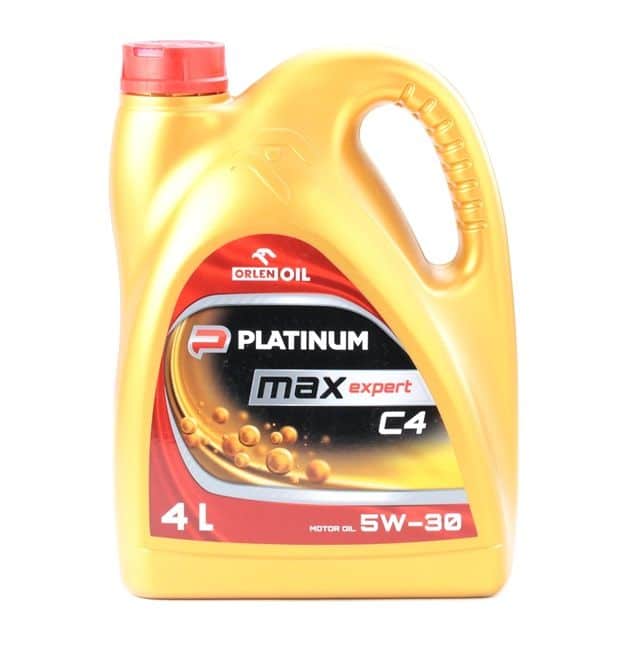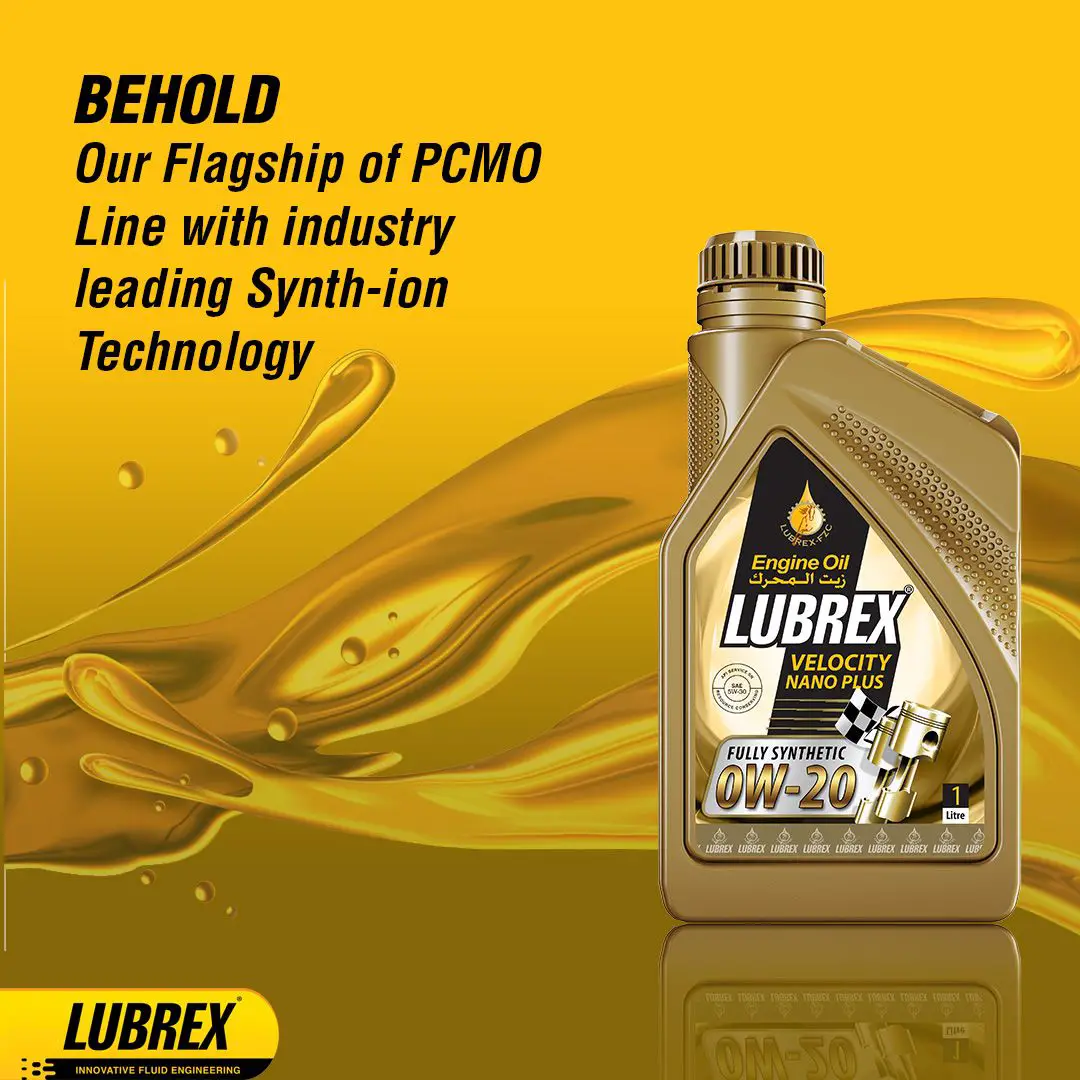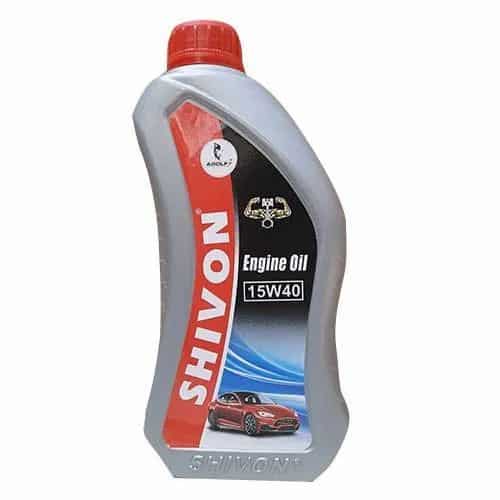The Importance Of Engine Oil
If a car runs out of engine oil or if the engine oil is not changed regularly, it can lead to serious problems with the engine. Without sufficient lubrication, the moving parts of the engine can rub against each other, causing excessive wear and eventually leading to engine failure.
In addition to causing wear and damage to the engine, running a car with no or low engine oil can also result in overheating. Engine oil helps to dissipate heat away from the engine, and without enough oil, the engine can become too hot, potentially causing damage to the engine or even a fire.
If you suspect that your car is low on engine oil or if the oil light comes on, it is important to check the oil level and add more oil as needed. If the oil level is too low or if the oil is dirty or contaminated, it is important to change the oil as soon as possible to prevent damage to the engine.
It is also important to follow the recommended oil change intervals and use the correct type and viscosity of oil for your particular make and model of car to ensure that the engine is properly lubricated and protected. Failing to do so can result in serious problems with the engine and can potentially lead to costly repairs or even engine failure.
Which Engine Oil For Your Car/what Engine Oil To Use
You will generally find the recommended car engine oil grade/viscosity & specification within your vehicles handbook, or you can use our engine oil lookup to make sure youre getting the right oil.Which product you need to use will depend on your make, model, and variant of car, as well as other factors such as your driving style and the condition of your vehicle.
Also Check: Florida Lost Title
Why Is Viscosity So Important
Viscosity refers to a fluids resistance to flow. The higher the viscosity, the more slowly it flows. Honey, for example, has a higher viscosity than water.
Viscosity is the most important property of motor oil. Your engine was built to use a motor oil of a specific viscosity. Today, 5W-30 is the most widely recommended oil viscosity. The 5W rating refers to the oils viscosity when its cold . The 30 rating refers to the oils viscosity when its hot .
Oil thickens when its cold . Alternatively, it thins when its hot .
If you use an oil that thickens too much in the cold, the oil wont circulate throughout the engine as readily, leading to wear. If you use an oil that thins too much when its hot, it can fail to keep metal engine components separated during operation, also leading to wear.
You can see the importance of using the correct viscosity of oil in your car. Thats why its always printed clearly on the product label.
I should note that some OEMs allow you to use different viscosities of oil depending on ambient conditions. For example, you can use 5W-30 motor oil during the winter and switch to 10W-30 in summer. Thats because, as mentioned, lower-viscosity oils flow better in the cold for easier starts and better startup protection.
Dont Miss: Where Can I Store My Car
Also Check: Where To Put Car Decals
How To Choose The Right Motor Oil
For your car to function well and last a long time, choosing the proper motor oil is crucial. Consult your vehicles owners manual to find the recommended viscosity and performance criteria. This is the first step in choosing the proper oil. You can choose an oil that suits the particular requirements of your engine with the help of this information. Its crucial to take your driving habits and the climate where you reside into account as well. If you reside in a cold region, for instance, you might require an oil with a reduced viscosity to make sure that it flows correctly at low temperatures. You may require oil with higher detergent levels if you frequently drive in stop-and-go traffic to avoid the buildup of deposits. Learn more about oil
How To Make Almond Oil

This article was co-authored by Barbie Ritzman. Barbie Ritzman is a Beauty Specialist and the Owner of Barbie’s Beauty Bits. She specializes in home-friendly skincare and aesthetics. Barbie has been featured in numerous media outlets such as ABC, NBC, Vogue, and Allure. She was also awarded Beauty Influencer of the Year – The USA.wikiHow marks an article as reader-approved once it receives enough positive feedback. This article received 13 testimonials and 100% of readers who voted found it helpful, earning it our reader-approved status. This article has been viewed 336,669 times.
Almond oil is typically used to nourish skin and hair and is an important component of many beauty products.XExpert SourceBarbie RitzmanBeauty & Skincare SpecialistExpert Interview. 23 August 2021. However, it can also be used for cooking at home. If you want to know how to make your own almond oil at home, all you need is a blender and a bit of patience. You can also splurge for an oil press if you’re really committed to making your own almond oil.
Recommended Reading: How Long Does It Take To Recharge A Car Battery
What Is The Viscosity Grade Of A Motor Oil
Every motor oil has a viscosity grade, such as 5W30, 10W40 or 20W50. Viscosity grades are used to differentiate different engine oils, representing the lubricants fluidity and performance at high and low temperatures. Low viscosity grades tend to be more fluid than those with higher grades, which are thicker and more viscous.
There are two types of viscosity grade: multigrade and monograde:
Multigrade oils are widely used by modern vehicles and can be used in all seasons thanks to their higher temperature range. They are noted as xWy, with x representing the low temperature viscosity grade and y the high temperature grade. As with monograde oils, higher numbers seal and protect components, while lower numbers reduce friction, cool and improve engine performance.
Monograde oils are designed for older vehicles and come in two varieties. For summer driving conditions are noted as SAE x, with x being a number between 0 and 60. Monograde oils for wintry conditions are noted as SAE xW, with x being a number between 0 and 25, and W standing for Winter. Lower numbers offer better lubrication, cooling and fuel-saving power, whereas higher numbers better seal and protect components.
Want to know more? Here are viscosity grades explained.
What Are Synthetic Oils Made From
Full synthetic motor oil uses the highest possible quality base oil as a starting point, but the industry specifics are a bit murky. Aside from the base oil, synthetic motor oil often incorporates additives to create the final product. Even though no two brands synthetic oils are equal, full synthetics still provide better protection than conventional oils or synthetic blends.
Also Check: Where Can You Get Your Car Inspected
Also Check: How To Clean Car Floor Mats
How To Choose The Right Oil For Your Classic Car
Whether you take your classic car to shows or you just love tooling around town with the top down, you want to take care of the your investment and make it last as long as possible. After all, your classic car has already been around for decades, and making it last decades longer is your job.
Oil is the lifeblood of any engine, so choosing the right oil for your classic car is essential. Here are three tips to help you make an informed decision.
Engine Ticking In Cold Weather
If you use too thin of a motor oil for the conditions, you may hear your engine making a ticking noise. This will usually be the loudest right after starting up and gradually decreasing after driving around for a bit.
This happens because the wrong weight of engine oil can do a poor job of coating and lubricating all engine components. What you are hearing is metal components such as valves and valve lifters hitting against other metal. Temporarily switching to a different oil viscosity may cure the problem.
Don’t Miss: What Headlight Bulb Fits My Car
What Motor Oil Should I Use In My Car
The best source of information is your vehicle owners manual. The manual will provide the necessary details on the proper oil viscosity grade as well as the performance specification. Specifications will generally refer to ILSAC performance categories and/or API performance categories . In these cases, there may also be pictures or symbols, developed by API , that you will find on motor oil labels. These can be used with the viscosity grades requirement, to confirm the proper choice. See examples below
Where OEMs have specific motor oil performance recommendations certain approvals may be necessary and these will be identified in owner manuals. Examples include GM dexos specifications which include a licensed logo found on motor oil labels as well as motor oil for European vehicles. European manufacturers specify the proper motor oil through their own specifications which in most cases involve motor oil brand approvals. Examples include Mercedes Benz 229.5, VW 502 00 and 505 00 and BMW Long-Life 01.
In addition to the right oil, one should always change the oil at the frequency recommended in the owners manual or as identified by the oil life indicator on the cars dashboard.
Importance Of Choosing The Right Oil Type
Theres no question about the importance of engine oil for your car since, without it, the engine would simply overheat and seize due to high friction. The main purpose of engine oil is to lubricate the metal parts within the engine and save them from damage caused by friction.
However, if you choose the wrong oil grade and viscosity, it might not be able to move properly through your engine, and this puts its functionality at risk. Besides lubricating the engine parts, the oil also helps keep down the engines temperature and aids in the cooling process.
It also works to reduce the damage done by oxidization and keeps the crankcase clean. So, engine oil serves several crucial functions, and if you make the wrong oil grade choice, it wont be able to fulfill these functions properly.
You should therefore keep track of the oil level, and the best way of doing so is by checking the oil level when the engine is cold. Its best to measure oil either before driving, or around 10 minutes after you shut off the engine.
The next important thing is to know which oil to use for the change, so well deal with the oil types and grades suitable for your car.
Read Also: Does Car Wifi Work When Car Is Off
What Engine Oil Does My Car Need
Posted on July 15th, 2022 by
If you don’t know what engine oil your car needs, it’s very easy to make the wrong choice. There are plenty of options available, and it can be overwhelming if you don’t know what to look out for.
Unfortunately, the wrong decision can cause severe engine damage – so you need to choose the right oil! That’s why we’re here to help.
Should You Switch To Synthetic Oil

The cost of synthetic oil is the most serious concern. Synthetic oil typically costs two to four times as much as conventional oil. Synthetics may be more prone to precipitation additives when stored in cold weather. What are the advantages and disadvantages of synthetic oil over conventional oil? Synthetic oils have fewer impurities than conventional oils, which means they perform better and have a longer shelf life. With less sludge, the process should run smoothly from the start. What are the advantages and disadvantages of synthetic oil? Because of its synthetic properties, motor oil has some advantages over conventional oil. The reason they have a longer shelf life is due to their ability to resist oil breakdown, allowing them to last longer than regular oil. Engine runs will be extended as a result of higher temperatures being maintained with conventional oil. What happens if I put synthetic oil against regular oil? Synthetic oils typically provide more protection against damage than conventional oils, but changing back and forth between synthetic and conventional oils will not harm the engine. This, of course, depends on how well the oil is maintained in the engine and the condition of the engine.
Read Also: How To Fix Cigarette Lighter In Car
Do I Need To Change My Oil Filter
When you have a full oil change, you must change your oil filter its an essential part of a service.
The filter retains a small amount of oil, meaning that your new, clean oil will be contaminated with old, dirty oil if you dont change it. Thats important because the primary reason for having your cars engine oil changed is to remove those contaminants.
Its less important to change your oil filter if youre simply topping up the oil levels, but you should always ensure your oil filter is changed whenever your car is serviced. How often and how many miles can pass between oil and oil filter changes varies from car to car. Check your owners manual or with your local dealer for more information.
Also Check: How To Get Dried Sap Off Your Car
Full Synthetic Motor Oil
Full synthetic oil is ideal for vehicles that demand peak level performance and high levels of lubrication. Full synthetic oil provides higher viscosity levels, resistance to oxidation and thermal breakdown, and helps fight against oil sludge. Plus, it helps improve fuel efficiency and can even increase a vehicles horsepower by reducing engine drag.
Because synthetic motor oil can cost two to four times more than regular oil, talk to your technician about whether its the right oil for your car. If you live in a climate with super cold winters or very hot summers, or use your vehicle for towing or hauling, synthetic oil may be the best type of oil for your vehicle. Older engines could also benefit from synthetic oil, as it can help prevent harmful sludge build-up that some older engines seem to be prone to.
Also Check: How Does A Car Work
Why Does A Car Even Need Oil
If it wasnt for oil, a car engine would melt within minutes of being started.
Friction is the one-word answer here: The metal parts in an engine rub against each other at incredibly high speed and that creates friction which in turn creates heat.
Rub your hands together quickly and youll experience this very science.
If it wasnt for oil reducing that friction, a car engine would melt within minutes of being started.
You May Like: How To Buff Out Scratches On Your Car
Why Do Engine Oil Grades And Specifications Matter
Each vehicle’s engine is produced and designed around a certain engine oil grade/viscosity plus a very precise specification. Oil specifications are varied to cope with the vastly different strains and stresses vehicle motors have to cope with . Therefore, to maintain the efficiency, lifespan, and performance or your engine you should always stick with the oil that your engine was designed to take .
Recommended Reading: How To Dispose Of A Car Battery
What Type Of Oil Does My Car Take
Determining the best motor oil for your vehicle whether synthetic, synthetic blend, high-mileage or conventional oil, depends on several factors. Some are external factors, such as the climate you live in, your driving habits, or even the age of your engine. Other factors are fixed based on your vehicle’s engine type and the manufacturer’s specifications. This may be more than you wanted to know about the types of oil used in cars, but leave it to Firestone Complete Auto Care to give you complete information about your car. You don’t have to be an expert on motor oil. that’s why we’re here. Visit or make an appointment at your neighborhood Firestone Complete Auto Care store today. Our tire and auto service professionals are always ready to serve you!
Dispose Of Oil Appropriately
If you change the oil yourself, make sure to store the used oil in an airtight, safe container that wont spill. Contact your town and find out when the scheduled hazardous waste day is a day when the town accepts engine oil and other waste that gets appropriately disposed of according to State and Federal laws.
For more information about maintaining your car, check out:
Also Check: How Do You Charge A Hybrid Car
Which Engine Oil Is Best For Your Car
Engine oil is one of the fundamental products needed to run your car, as it lubricates the engine to prevent the pistons seizing or exploding.. But as the old Castrol ad used to say oils aint oils, so it pays to know which is right for your car whenever the dipstick shows a low oil level and you have to top up on the run. TYPES OF ENGINE OIL
Making Almond Oil In A Blender

Don’t Miss: What Soap Can I Use To Wash My Car
